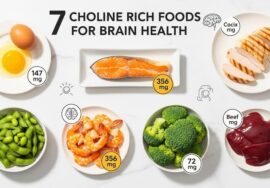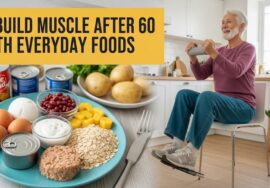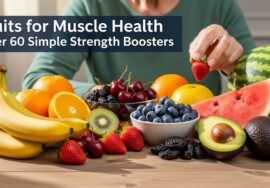You’ve probably heard it before: “The human body is 70% water.” But have you ever stopped to think about what that actually means?
It’s not just a fun trivia fact—it’s a reminder that water isn’t optional. It’s essential. It fuels our organs, powers our movement, and keeps our minds sharp. Without it, things start breaking down fast.
Table of Contents
- You’re Basically a Water Balloon With a Brain
- How to Stay Properly Hydrated (Without Overdoing It)
- Start Your Morning With Water
- Don’t Wait Until You’re Thirsty
- Use Food to Hydrate Too
- Pay Attention to Activity & Weather
- Why Proper Hydration Matters More Than You Think
- Final Thoughts: You’re Mostly Water—Act Like It
You’re Basically a Water Balloon With a Brain
Let’s break it down.
- Your brain is 75% water—so if you’re feeling foggy or can’t concentrate, dehydration might be part of the problem.
- Your blood is 83% water, which means water is literally what keeps nutrients and oxygen flowing through your body.
- Your heart? 79% water.
- Your liver? A whopping 85% water.
- Even your kidneys, the organs responsible for filtering your blood, are 83% water.
- Your muscles are about 75% water, which is why dehydration can make you feel physically weak or crampy.
- And surprisingly, even your bones—which seem so solid—are still 22% water.
It’s kind of wild when you think about it: you’re held together by water in every form, from your thoughts to your bones.
How to Stay Properly Hydrated (Without Overdoing It)
Now, here’s the catch: staying properly hydrated doesn’t mean chugging gallons of water at once. In fact, that’s a common mistake. Drinking too much too fast can actually flush out vital minerals like sodium and potassium, throwing your body off balance.
Hydration isn’t about volume—it’s about consistency.
Here’s how to keep properly hydrated in a sustainable, healthy way:
1. Start Your Morning With Water
Your body wakes up dehydrated, even if you don’t feel it. A simple glass of water first thing helps reset your internal systems.
2. Don’t Wait Until You’re Thirsty
Thirst is actually a sign you’re already a bit dehydrated. Try to sip water throughout the day instead of reacting to thirst.
3. Use Food to Hydrate Too
Fruits like watermelon, oranges, and strawberries have a high water content. So do cucumbers and leafy greens. Add them to your meals to boost hydration naturally.
4. Pay Attention to Activity & Weather
Working out? Hot day? You’ll need more fluids. But again—small, steady sips beat one big gulp every time.
Why Proper Hydration Matters More Than You Think
Learning how to maintain proper hydration isn’t just about avoiding dry mouth or headaches. It supports your immune system, helps regulate body temperature, aids digestion, and even improves your mood.
When you’re properly hydrated, your energy is better, your skin looks healthier, and you think more clearly.
And if you’ve ever had a sluggish day where everything just felt “off”? There’s a good chance that sneaky little culprit was dehydration.
Final Thoughts: You’re Mostly Water—Act Like It
The fact that your body is 70% water isn’t something to glance over—it’s a wake-up call to treat hydration like the priority it is.
You don’t need to obsessively track every ounce. You don’t need to guzzle liters in one sitting. But you do need to be intentional.
So drink up—slowly, steadily, and mindfully. Your brain, heart, muscles, and even your bones will thank you.
Share the Knowledge!
Loved This Content? let me know in the comments below which part you liked most and subscribe to our blog at Keep Fit Quote and stay updated!








